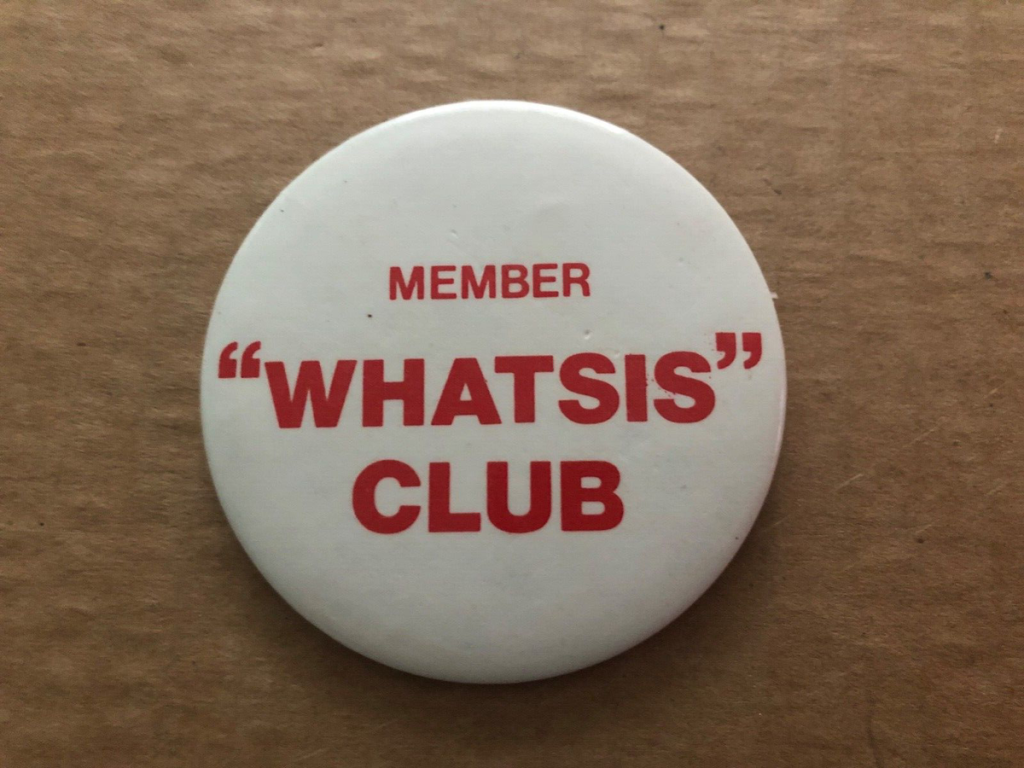When I was a child, my father bragged that my mom kept our kitchen so clean, we could eat off the floor. Mother often warned me about germs, something she worried about a lot because, back then, there were no drugs to fight infections. It wasn’t until the 1940s that antibiotics began to save lives.
I was thinking about this the other day because I had developed a sinus infection. It happens as a postscript to practically every cold I get. Usually I ask my doctor for an antibiotic, but I’d read that’s no longer recommended, so I did some online research and decided to let the problem run its course.
The first thing I learned is that I’m hardly alone: each year, out of every five antibiotic prescriptions American doctors write, one is for a sinus infection. But—and this is the kicker—according to the Centers for Disease Control and Prevention, almost all of those infections are caused by a virus, not by bacteria, and antibiotics can’t kill viruses.
In other words, I’ve been wasting money and tolerating side effects for no good reason. And it gets worse. In asking for a prescription when my sinuses acted up, I became part of a huge, scary problem. There are more and more superbugs, bacteria that can resist most of the drugs available. We’ve overused antibiotics, and as we’ve wiped out bacteria that are vulnerable to them, the ones that aren’t vulnerable have multiplied.
Which brings me to another reason I decided not to ask for an antibiotic: it would be bad for my microbiome, the community of microbes, such as bacteria, that lives on my skin and in my gut and other parts of me. I harbor about 100 trillion of them, and though altogether they probably weigh less than five pounds, they outnumber the cells in my body 10 to 1. My mom would have called them germs.
Ordinarily, very few of those bacteria are harmful. Most are helpful. In my gut, they crowd out the bad actors and help digest my food. They’ve trained my immune system to tell the difference between good and bad microbes and between the cells of my body and invaders from outside. When an immune system can’t manage that, it turns its weaponry against the body itself and people develop autoimmune disorders like rheumatoid arthritis or lupus.
I’m in my 70s, and research suggests that my microbiome probably hasn’t changed much since I was in my 20s, but if I live to be a centenarian, at some point the community of microbes living in my gut will become less diverse. Researchers believe diversity is a good thing. People living in non-Western, less industrialized nations are inhabited by a much greater variety of microbes than individuals in the West. Scientists believe that may explain why Westerners are more likely to develop chronic diseases such as autoimmune disorders, asthma and perhaps even obesity.
Western societies have waged war on all bacteria, good and bad, for a very long time. We scour our homes with antiseptic cleansers; our diets depend heavily on bacteria-free, processed foods. We consume antibiotics both as medications and in the food we eat, since farm animals are routinely dosed with such drugs.
Presumably, consuming probiotics could help: things like yogurts laced with beneficial, live bacteria. But scientists say that, because probiotics aren’t regulated, you don’t know what you’re getting. Researchers who analyzed 14 commercial products reported that only one contained the species of helpful microbes promised on its label.
To come back to my sinus infection, it lasted for three or four weeks. If I’d taken an antibiotic, it wouldn’t have helped, and I’d have wiped out many of the gut microbes I depend on. Presumably, my internal ecosystem would have recovered eventually, but scientists don’t know yet what the long-term effects are when someone is dosed repeatedly with antibiotics. People in my generation were the first guinea pigs for that.
Sinus problems aside, I’m intrigued by the fact that I’m sharing my body with trillions of friendly microbes—in fact, numerically I’m made up mostly of microbes. I may outweigh them but my health depends on their health. We’re a community, and I’ve vowed to take better care of them.

Flora Davis has written scores of magazine articles and is the author of five nonfiction books, including the award-winning Moving the Mountain: The Women’s Movement in America Since 1960 (1991, 1999). She currently lives in a retirement community and continues to work as a writer.



